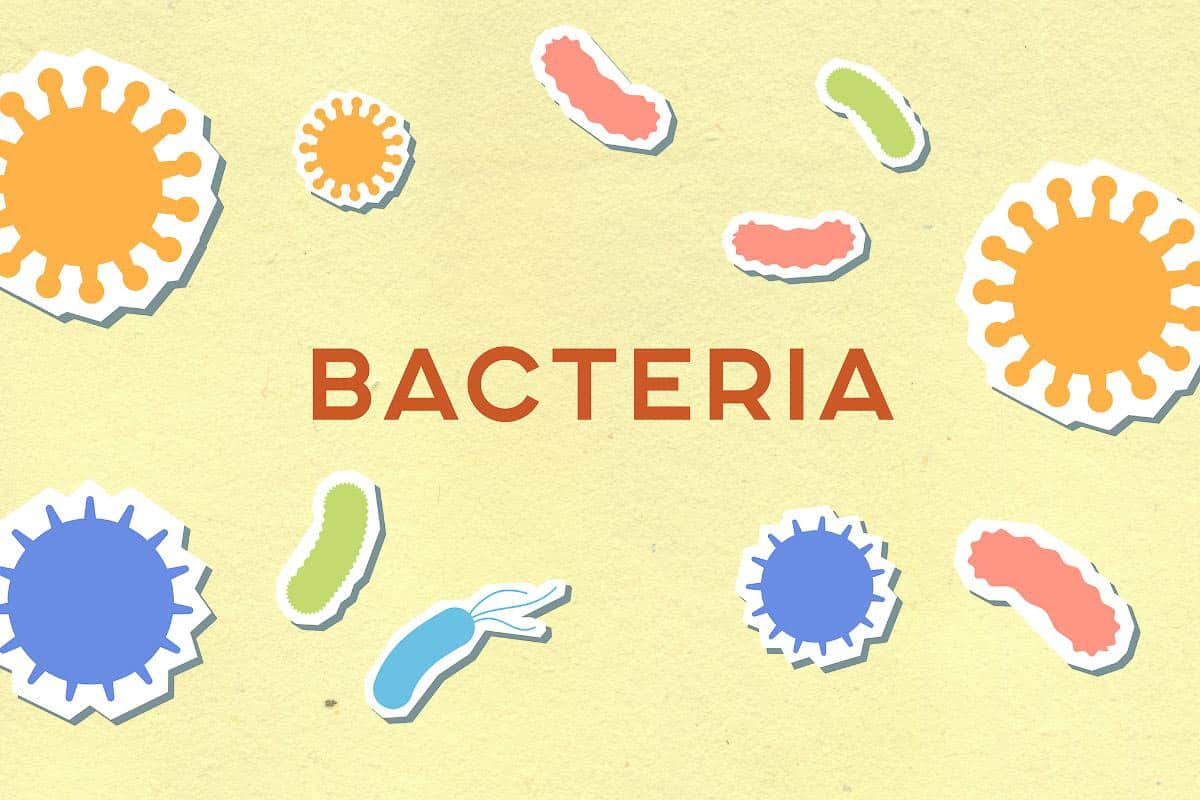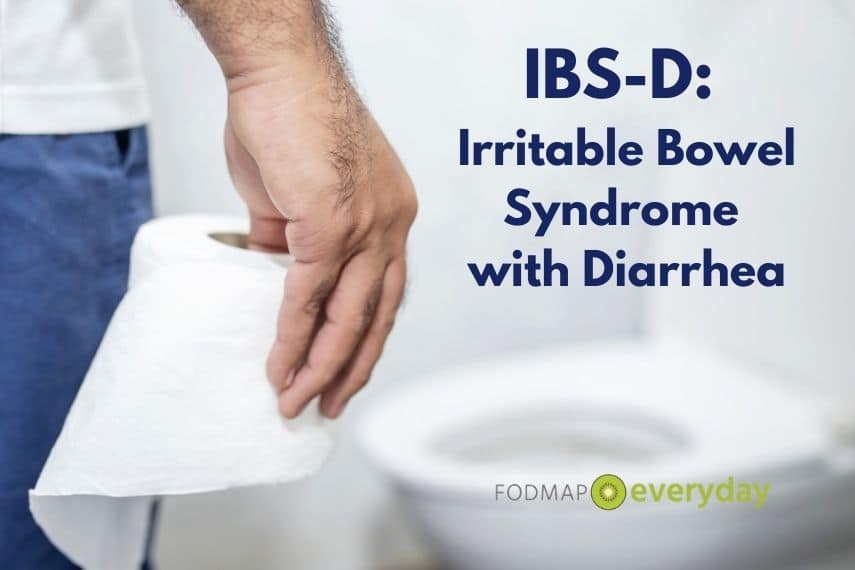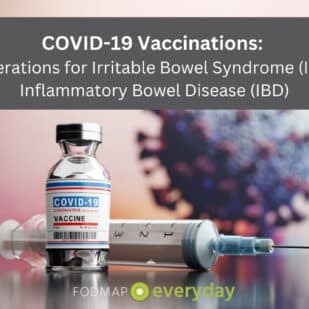About 2% of the global adult population has chronic diarrhea, and in fact it is a leading cause for seeking health care. And then there are those of us who experience acute bouts, due to food poisoning, gastrointestinal virus and the like. “Diarrhea” has been steadily rising as a search term on the internet for years. More and more of us are stricken, and whether it is mild or severe, it can be debilitating. Let’s take a look at diarrhea – and how to manage it.
Types of Diarrhea

Maybe you thought there were only two types of diarrhea: acute and chronic. There’s “persistent”, too:
- Acute diarrhea, the most common type, last for a few days and is usually caused by an infection.
- Persistent diarrhea lasts longer than 14 days, but less than 30 days.
- Chronic diarrhea extends beyond 30 days. Some people live their life with daily diarrhea that lasts for years. Chronic diarrhea is typically a result of chronic diseases or conditions.
The Main Causes of Diarrhea

When you are experiencing diarrhea, all you can think about is getting better, but it can help to understand how you ended up with it in the first place. Here are the top reasons for diarrhea:
- Infections: Most cases of acute diarrhea are due to infections including:
- Viral infections such as norovirus and rotavirus. The CDC states that norovirus is the leading cause of acute diarrhea in the United States.
- Bacterial infections, which include salmonella, campylobacter, and escherichia coli (E. coli), can be acquired from contaminated food or water.
- Parasitic infections, like giardia, can also be responsible, especially in travelers.
Additional Causes of Diarrhea

The following are also main causes for diarrhea:
- Medications: Some drugs, particularly antibiotics, can cause diarrhea by disturbing the microbiome balance of the intestines.
- Food Intolerances and Sensitivities: Intolerances and sensitivities are not the same as food allergies, but they can wreak havoc with our bowel habits. FODMAP intolerances, lactose intolerance in particular, are just two such sensitivities.
- Bowel Disorders: You should always alert your doctors if you have chronic diarrhea, as it could be a symptom of serious conditions like Crohn’s disease, ulcerative colitis, or irritable bowel syndrome (IBS).
- Additional Causes: Surgeries, certain cancers, overuse of laxatives, or conditions affecting the pancreas can all lead to diarrhea.
Management of Diarrhea: Food & Water

No matter how we ended up with diarrhea, we want to tame it. Here are tried and true ways to minimize your diarrhea experience.
- Hydration: One of the biggest concerns with diarrhea is dehydration. It’s crucial to drink plenty of fluids. Oral rehydration solutions (ORS) can be beneficial, especially in severe cases, as they help replace lost electrolytes. Look for brands like Pedialyte, Gastrolyte, and the World Health Organization (WHO) even has one you can buy on Amazon. It is simply called Oral Rehydration Salts, WHO Formula for Diarrhea.
- Diet: Consuming a bland diet can be helpful. The BRAT diet (bananas, rice, applesauce, toast) is often recommended for short-term relief. Of course, if you have certain food intolerances such as to FODMAPs, then a low FODMAP approach would be prudent. Consult with your Registered Dietitian.
Management of Diarrhea: Drugs & Supplements

Medications and certain supplements might help:
- Medications: Over-the-counter medications like loperamide (Imodium) can slow down bowel movements, providing relief. However, they should be used cautiously, especially if an infection is suspected. Consult your doctor or at least a pharmacist.
- Probiotics: Certain strains of probiotics can help restore the balance of the gut flora, especially after antibiotic usage. Ask a dietitian if they are appropriate given your overall medical picture.
Seek Medical Care When…

Even though diarrhea is a common occurrence, there are times when medical intervention is suggested.
If diarrhea is accompanied by high fever, blood, persistent vomiting, dehydration, or lasts longer than 3 days, seeking medical attention is paramount.
How Can I Avoid Diarrhea?

While there are no guarantees – after all, viruses are tiny, and we can become infected – but there are preventative measures:
- Regular hand washing, as easy as that might seem, is very effective – and perhaps not performed enough.
- Safe food handling practices are important. Educate yourself to practices to implement at home, and frequent food establishments with good health inspection records.
- Avoiding untreated water can significantly reduce the risk of infectious diarrhea. Be conscious of whatever water source you are using.
- Keep abreast of food recalls. Did you know that you can sign up for recall alerts from the Food & Drug Administration (FDA)? Check it out HERE.
You Are Not Alone

Diarrhea, while a common issue, should never be trivialized. It is crucial to understand its various forms, underlying causes, and proper management strategies to improve outcomes and minimize potential complications. Consistently practicing preventive measures can also help mitigate risks, particularly among vulnerable individuals.
IBS-D: Irritable Bowel Syndrome with Diarrhea

Not the sexiest of topics, but diarrhea is a life-altering problem for many individuals, including those with IBS-D (diarrhea-predominant IBS). A lot of my patients are afraid to leave their homes for fear of being away from a bathroom. Read: IBS-D: Irritable Bowel Syndrome with Diarrhea
Vitamin D & IBS: Is There a Connection?

Vitamin D has become a nutritional darling over the past several years and has been linked to beneficial effects on bone health, diabetes prevention, immune health, cardiovascular function and more.







